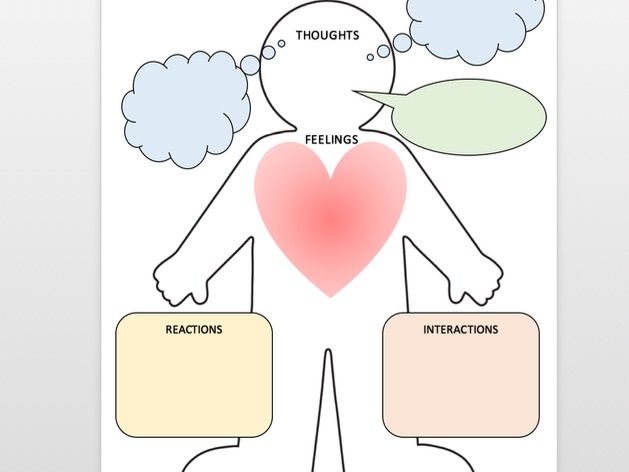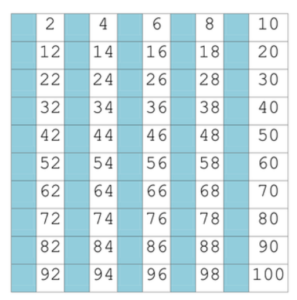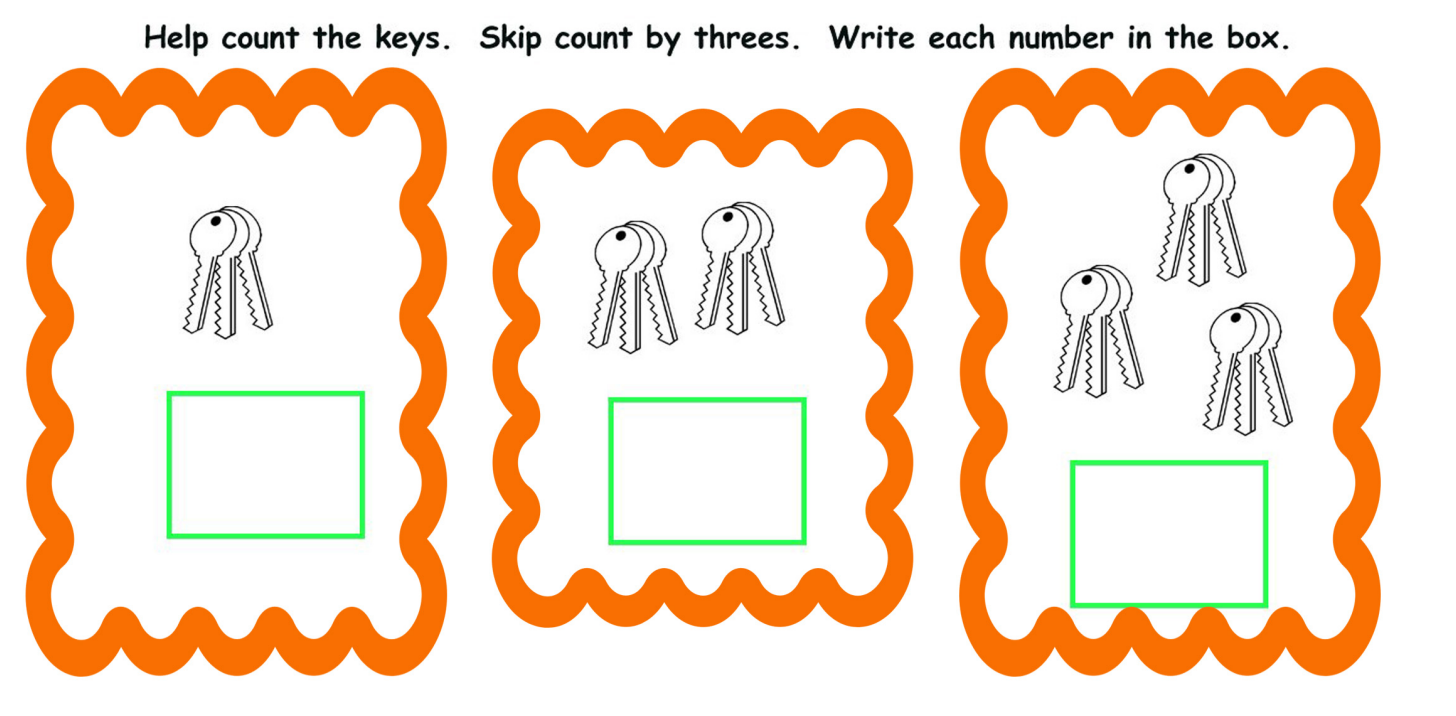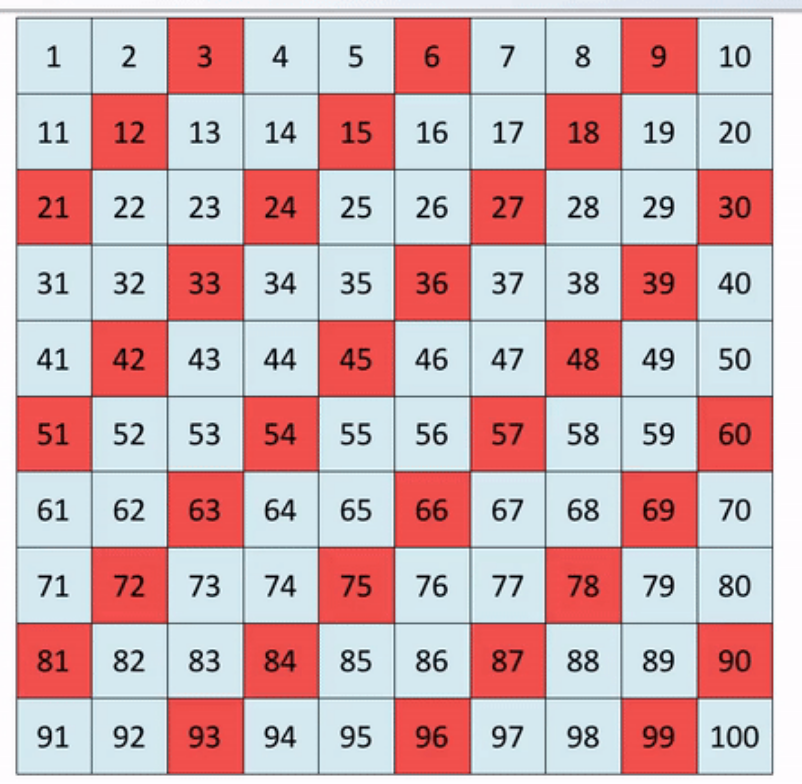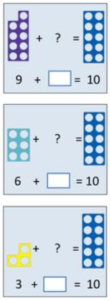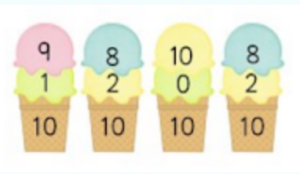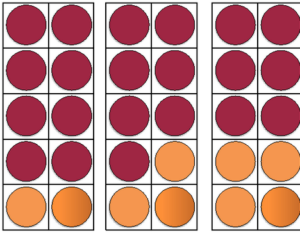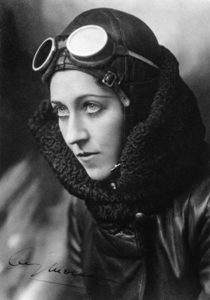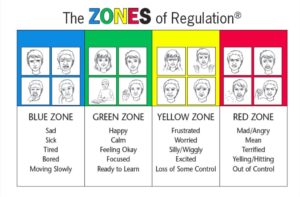Week Beginning 21st September 2020
English
At Howard Primary School we have adopted The Power of Reading scheme for literacy. Our literacy work is based around a core text. The text we are working on is currently a secret and slowly we will reveal the title and the book to the children.
- Design a game focusing on list and instructions.
- Role on the wall – characters’ behaviours, thoughts & feelings
- To visualise images from text
Design a game with a focus on list and instructions
The children will design a game for Noi (a character from our core text) and provide the reader with instructions on how to play this game. Instructions tell us how to do something. When writing instructions children will be expected to use imperative verbs and adverbial phrases.
Imperative verbs (sometimes known as bossy words) are a key feature of instructions texts. They are action words e.g. chop, kick, plant, dry.
Imperative verbs (bossy verbs) tell us what to do.
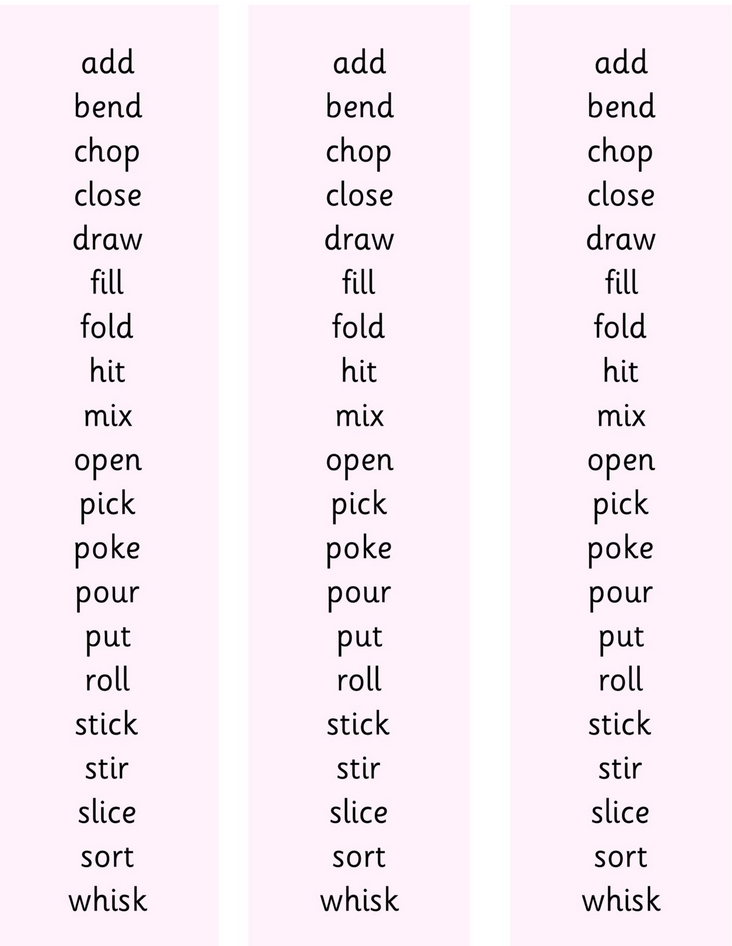
Adverbial phrases give us more detail. e.g.
e.g after, carefully, under the paper
Role on the wall – characters’ behaviours, thoughts & feelings
Role on the Wall is a strategy that invites students to infer meaning about a character. They think about the character’s action, emotions and thoughts. We will be analysing Noi and his father (characters from our core text).
To visualise images from text
Children will be encouraged to construct mental images as a text is read to them. By using prior knowledge and background experiences, the children connect the author’s writing with a personal picture.
Maths
-
We are continuing with the maths block: Number & Place Value. This week we will:
- count in steps of 2 from any number, forward and backward
- count in steps of 5 from any number, forward and backward
- count in steps of 10 from any number, forward and backward
- count in steps of 3 from any number, forward and backward
- consolidate number bonds to 10
We will fill out 100 squares and look for patterns when counting in 2s, 5s , 3s and 10s
- Count in steps of 2
Children will also learn to count in twos from any given number – 11, 13, 15 etc.
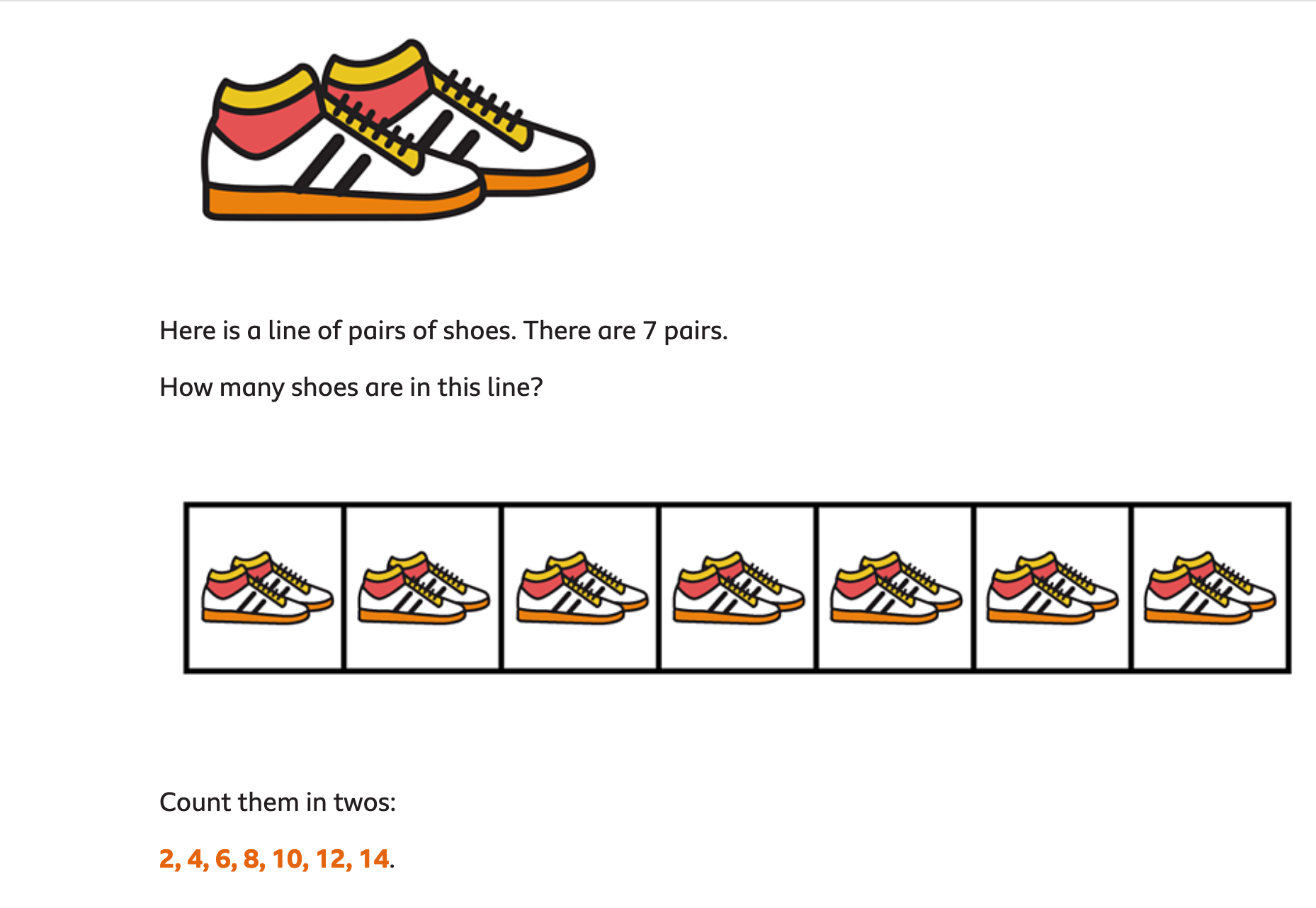
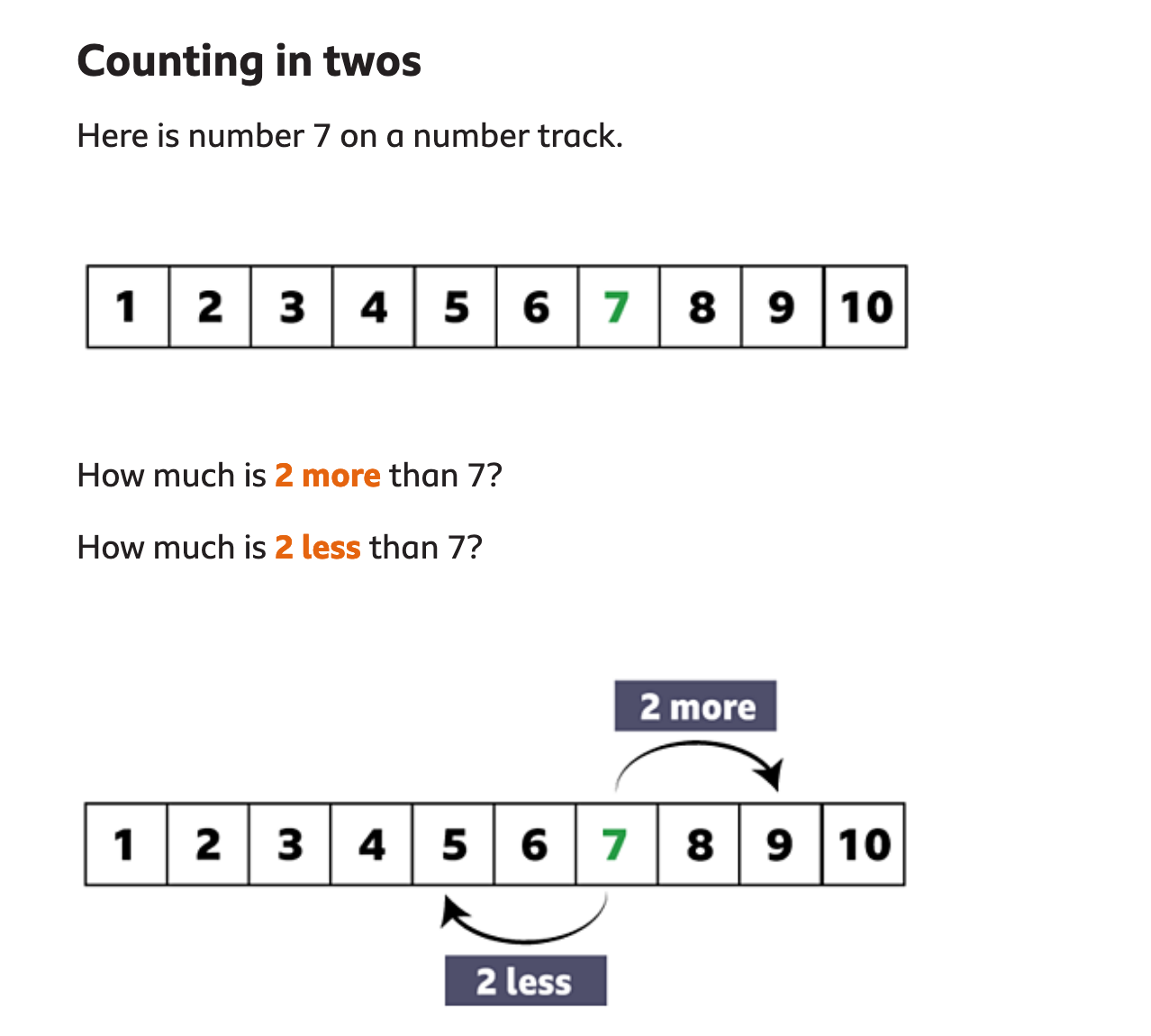
- Count in steps of 5
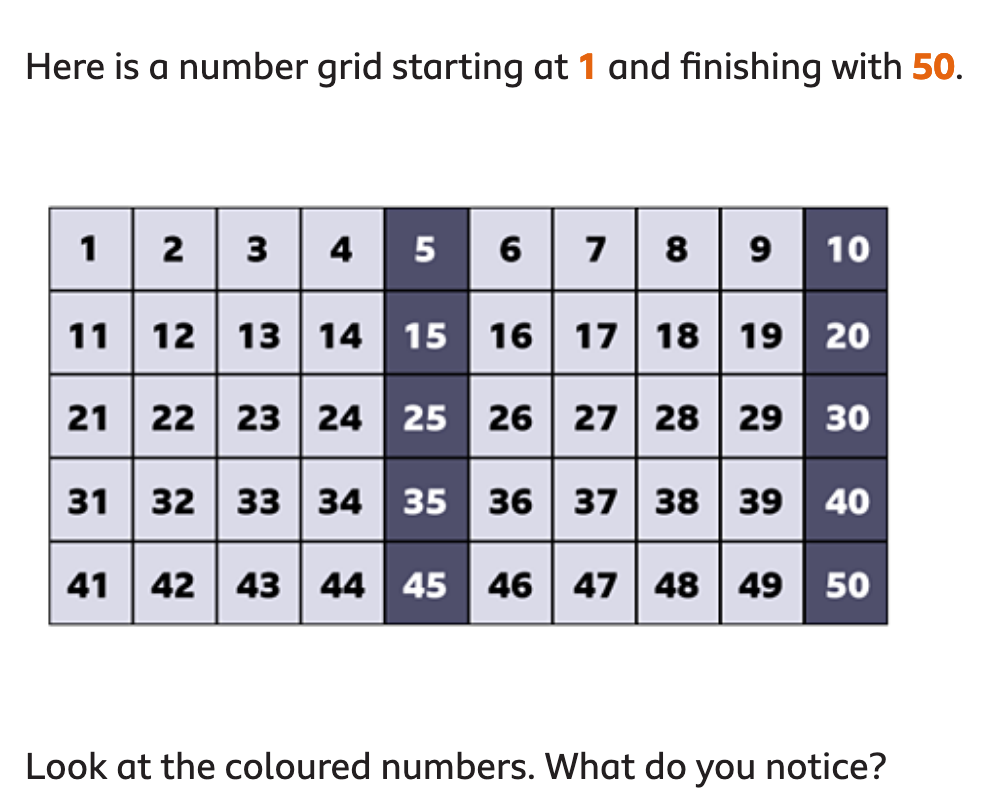
- Count in steps of 10
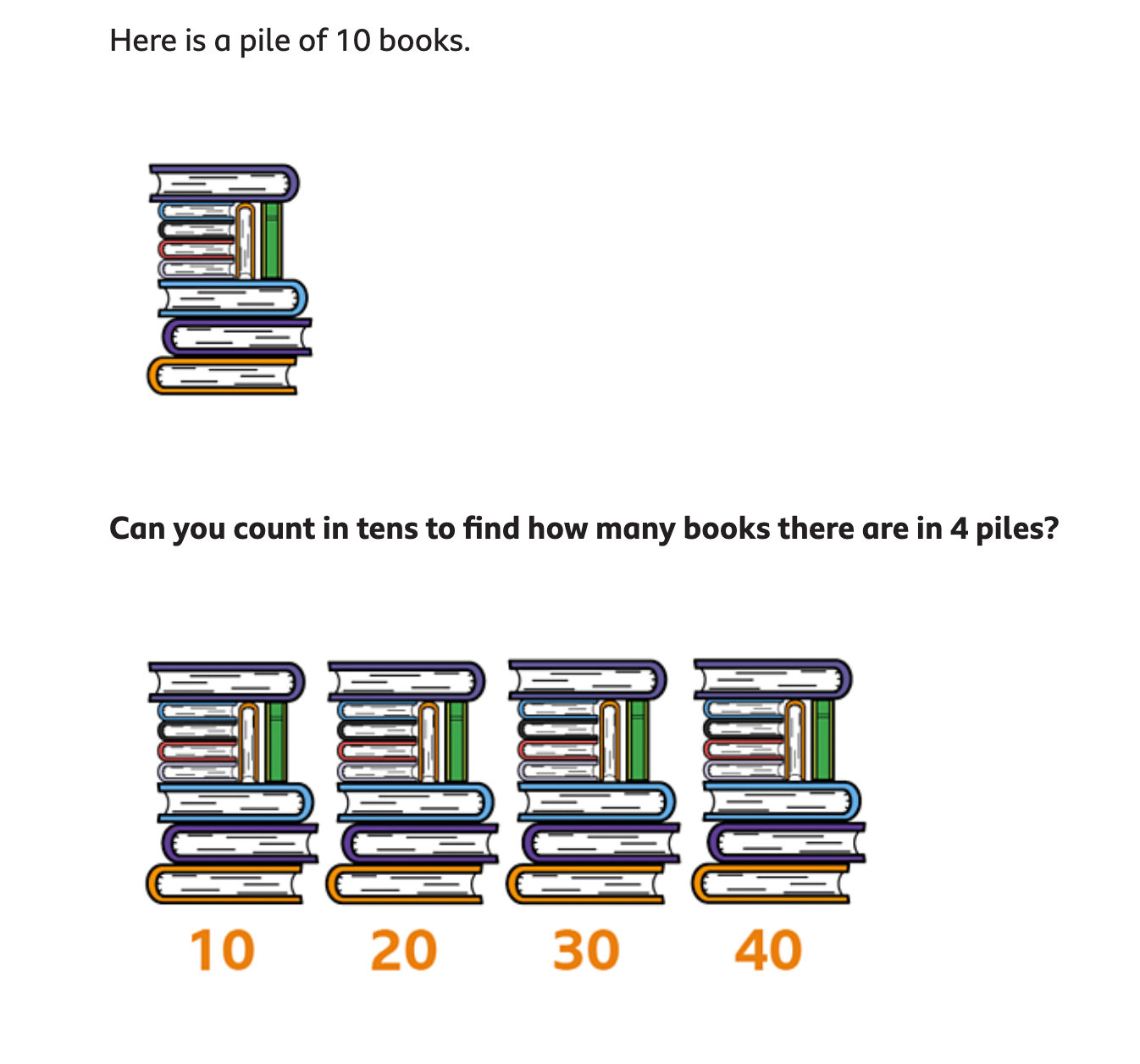
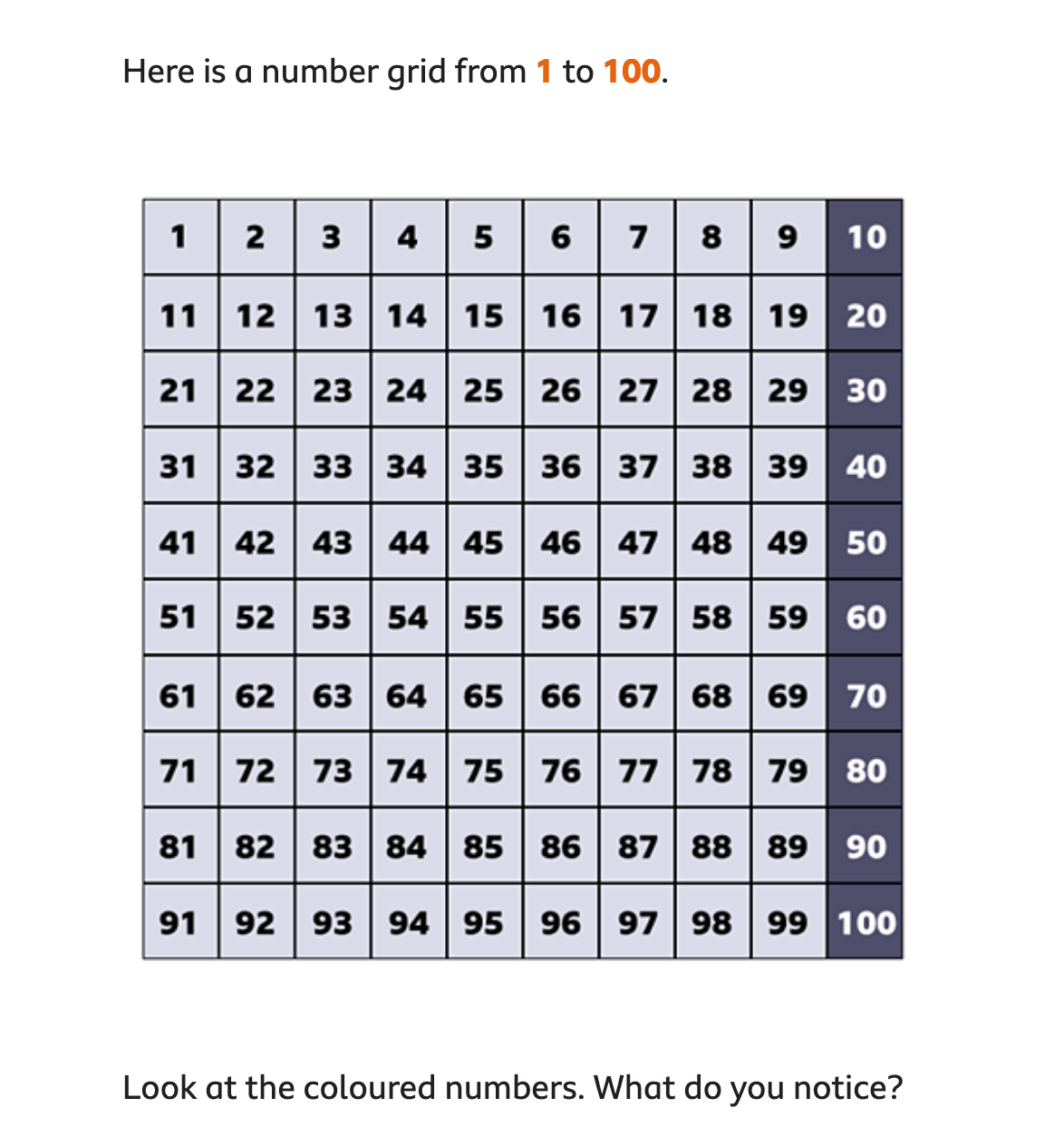
- Count in steps of 3
- Number bonds to 10
Number bonds are also often referred to as ‘number pairs’. They are simply the pairs of numbers that make up a given number. Knowing number bonds with confidence allows children to develop strategies for solving more complicated mental problem.
History
We will be learning more about Amy Johnson. We will be thinking about why she is famous, what her achievements are etc.?
Science
We will be starting to think about Materials and their uses. Children will explore what different items we use daily are made from. For example:
- Knives and forks can be made from metal.
- Chairs can be made from wood.
- Shoes can be made from leather
Each material can be used to make a range of different things; for example, wood can be used to make tables, chairs, spoons, pencils, shoes, doors, floors and many more things. We will go on a material hunt around the school.
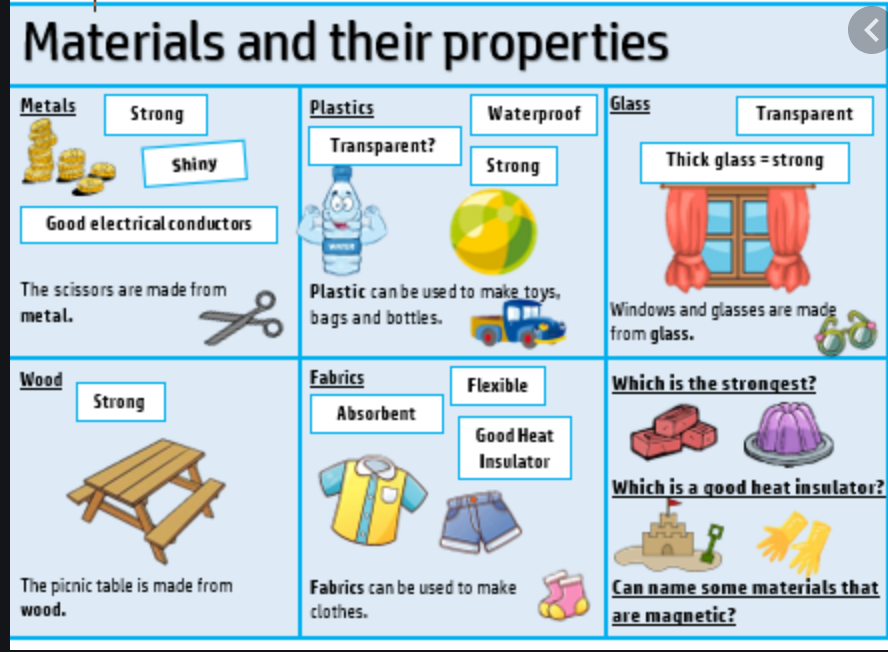
Religious Education
The focus this term will be about things that are special to us.
Computing
We will continue to focus on e-safety and the importance of being safe when using the internet.
Music
Children will explore sound body percussion.

PE
Our focus this term will be hockey and dance/exercise.
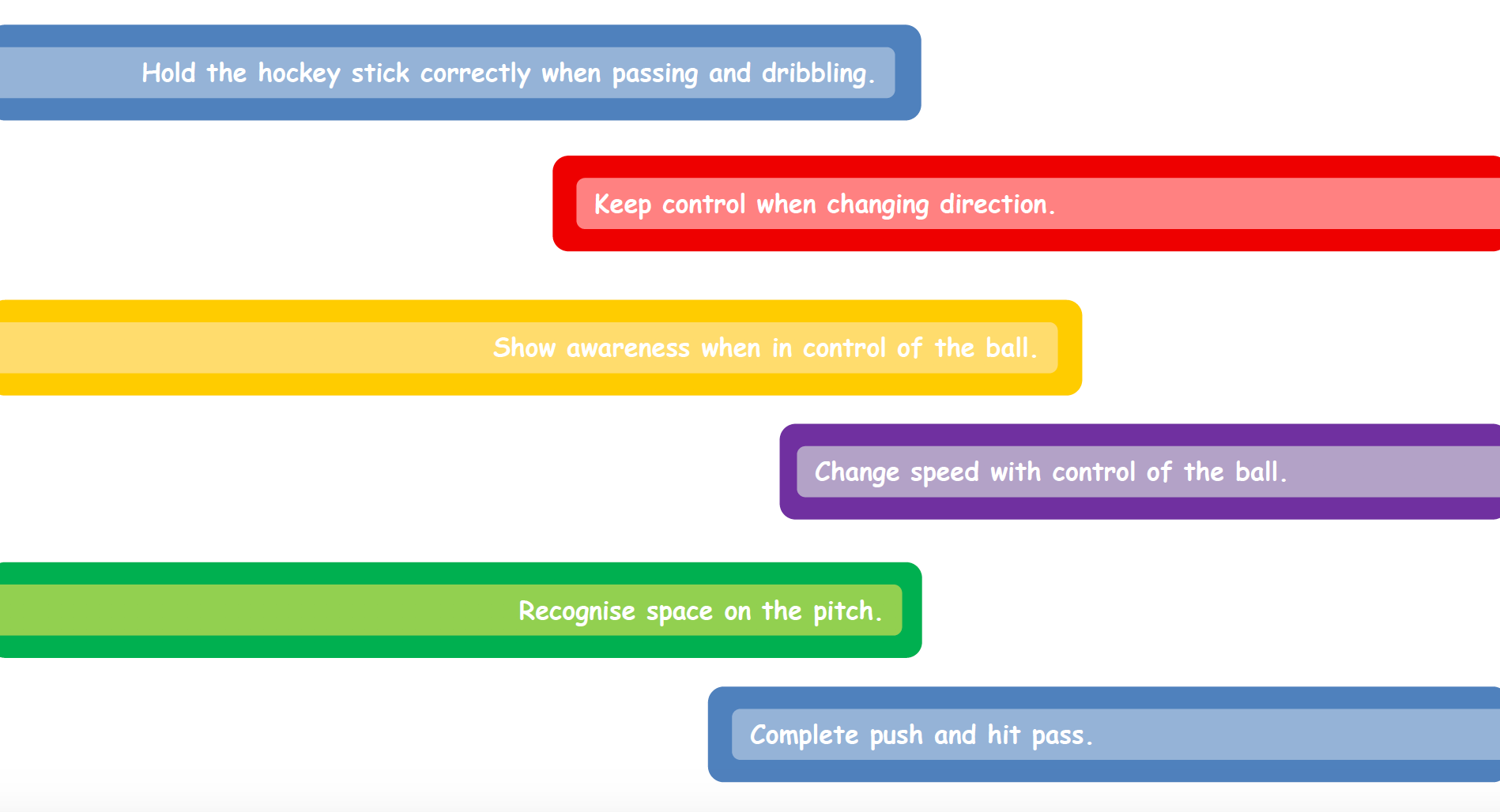
PSHE
We have introduced the children to a programme called Zones of Regulation which we are hoping will help regulate feelings and emotions and offer the children the correct way to talk about their feelings.
We have also continued to consolidate the school’s policy of Good to be Green and the 5C’s.
Reading
When reading with your child at home ask them questions related to their book.
Questions to ask before you read
- Can you look at the pictures and predict what you think will happen in this book?
- What makes you think that?
- What characters do you think might be in our story?
- Do you think there will be a problem in this story? Why or why not?
- Does the topic/story relate to you or your family? How?
Questions to ask during the reading
- What do you think will happen next?
- What can you tell me about the story so far?
- Can you predict how the story will end?
- Why do you think the character did _______?
- What would you have done if you were the character?
- How would you have felt if you were the character? (use different characters)
- As I read____________, it made me picture________ in my head. What pictures do you see in your head?
- As you read, what are you wondering about?
- Can you put what you’ve just read in your own words?
Questions to ask after reading
- Can you remember the title?
- In your opinion, was it a good title for this book? Why or why not?
- Were your predictions about the story correct?
- If there was a problem, did it get solved?
- What happened because of the problem?
- Why do you think the author wrote this book?
- What is the most important point the author is trying to make in his writing?
- What was your favourite part of the story?
- If you could change one thing in the story, what would it be?
- Can you retell the story in order?
- If you were __________, how would you have felt?
- What is the most interesting situation in the story?
- Is there a character in the story like you? How are you alike?
Why did you like this book?
Mathletics
A big well done to all the children completing their Mathletics. Some children have managed to earn certificates for their hard work.
Silver

YigitEmre (Hungerford)
Bronze

Fabeha, YigitEmre and Faith (Hungerford)
Brady, Yusef, Hasan and Stanley (Westminster)

